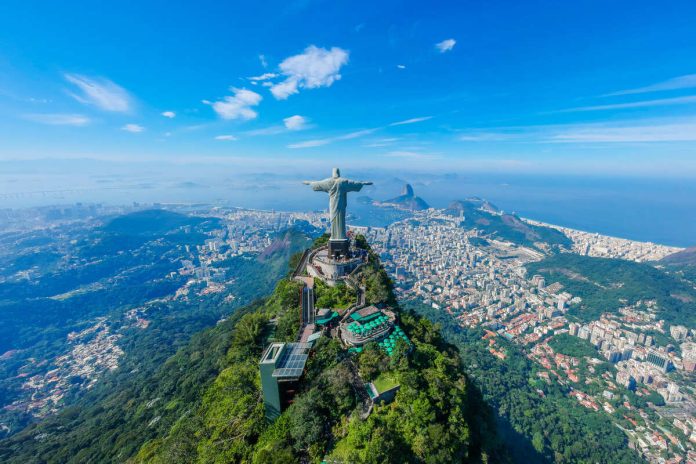Somali Magazine BRASILIA, Brazil – Brazil has made significant progress in reducing poverty and inequality in recent years, according to a new report by the World Bank. The report found that the number of Brazilians living in poverty fell from 25.4% in 2014 to 16.4% in 2022. The Gini coefficient, which is a measure of income inequality, also fell from 0.547 in 2014 to 0.529 in 2022.
The report attributes Brazil’s progress in reducing poverty and inequality to a number of factors, including strong economic growth, social welfare programs, and targeted investments in education and healthcare.
Brazil’s economy has grown at an average annual rate of 2.3% over the past five years. This economic growth has created jobs and boosted incomes, which has helped to reduce poverty.
Brazil also has a number of social welfare programs that have helped to reduce poverty and inequality. The most important of these programs is the Bolsa Família program, which provides cash transfers to low-income families. The Bolsa Família program has been credited with lifting millions of Brazilians out of poverty.
In addition to social welfare programs, Brazil has also made significant investments in education and healthcare. These investments have helped to improve the quality of life for Brazilians and to create opportunities for social mobility.
Despite the progress that Brazil has made, there are still millions of Brazilians living in poverty. The report found that the poorest 10% of Brazilians earn just 0.7% of the country’s income. The report also found that there is a significant racial gap in poverty and inequality. Black Brazilians are more likely to live in poverty than white Brazilians, and they earn less money on average.
The Brazilian government has pledged to continue to work to reduce poverty and inequality. The government has announced a number of new programs and initiatives, including a new social welfare program that will provide cash transfers to low-income families with children under the age of six.
The government is also working to improve the quality of education and healthcare services. The government has announced a new investment plan for education and healthcare that will increase funding for schools and hospitals.
The progress that Brazil has made in reducing poverty and inequality is a positive development. However, there is still more work to be done. The Brazilian government and the international community need to work together to ensure that all Brazilians have the opportunity to reach their full potential.
Brazil’s progress in reducing poverty and inequality is a testament to the power of government intervention to improve the lives of its citizens. The Bolsa Família program, which provides cash transfers to low-income families, has been credited with lifting millions of Brazilians out of poverty. Brazil’s investments in education and healthcare have also helped to improve the quality of life for Brazilians and to create opportunities for social mobility.
While Brazil has made significant progress, there is still more work to be done. The poorest 10% of Brazilians still earn just 0.7% of the country’s income. The government has pledged to continue to work to reduce poverty and inequality, and has announced a number of new programs and initiatives. The international community should also support Brazil’s efforts to reduce poverty and inequ

